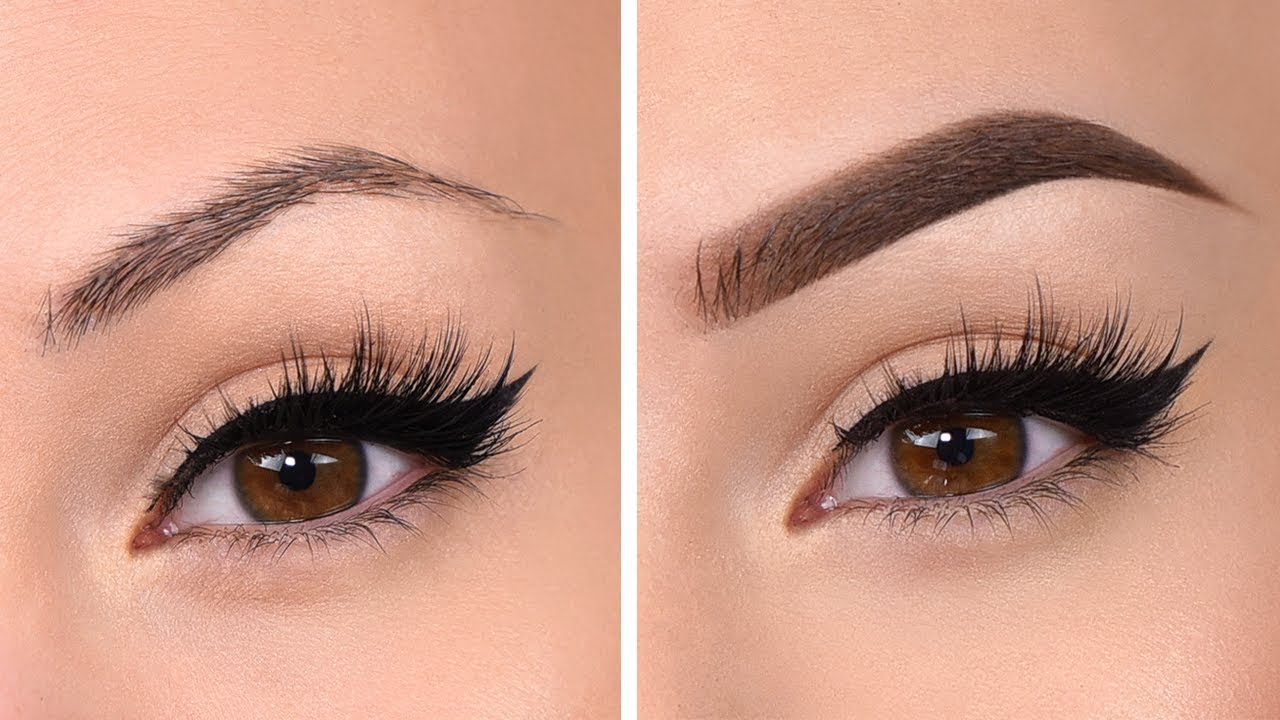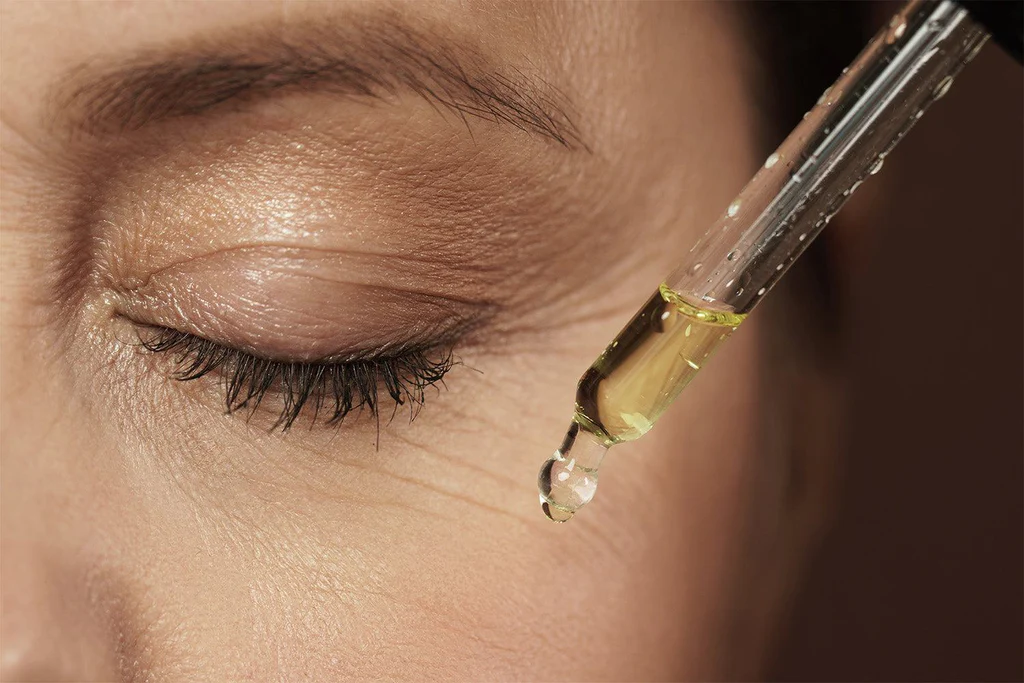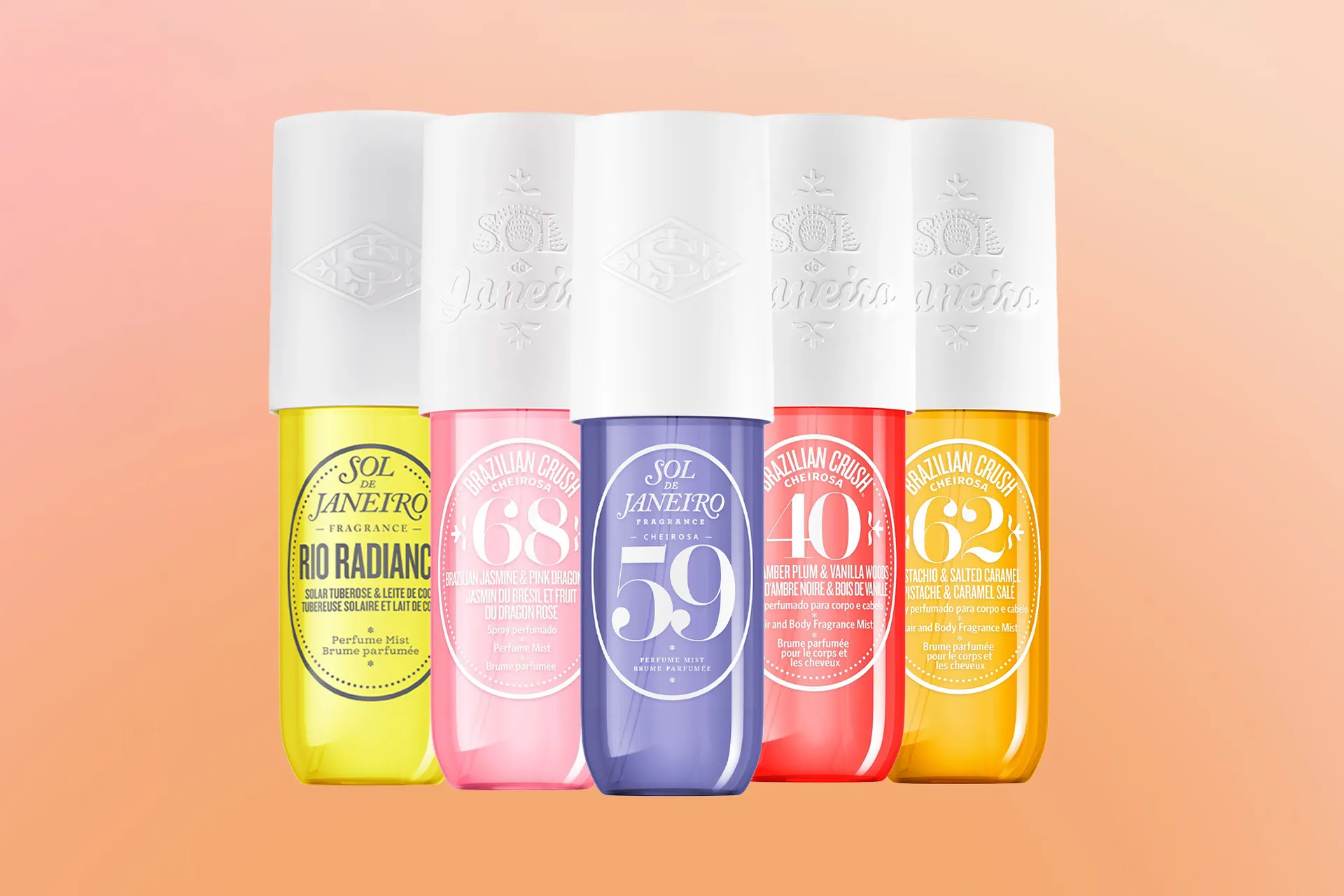Honey is not only a delicious and natural sweetener, but also a powerful ingredient for your skin care. Whether you have acne, dry skin, or signs of aging, honey can help you achieve a healthy and radiant complexion. In this blog post, we will explore the benefits, uses, side effects, and outlook of applying honey to your face.
Benefits of Honey for Skin
Honey has been used for centuries as a remedy for various skin conditions, and modern research has confirmed some of its amazing properties. Here are some of the benefits of honey for your skin:
- Antimicrobial properties and wound healing: Honey can help fight against skin infections, such as acne, by killing the bacteria that cause them. Honey also promotes the healing of wounds, burns, and ulcers, by reducing inflammation, stimulating tissue regeneration, and preventing scarring. Manuka honey, a special type of honey from New Zealand, has been shown to be especially effective for wound healing1.
- Anti-inflammatory properties: Honey can soothe and calm irritated skin, such as eczema, psoriasis, or rosacea, by reducing redness, swelling, and itching. Honey also has a strong anti-inflammatory effect, as demonstrated by a study on the honey of the stingless bee. Most varieties of honey have anti-inflammatory properties, according to a review of studies.
- Anti-aging effects: Honey can help improve the appearance of your skin by moisturizing, nourishing, and protecting it from environmental damage. Honey can also prevent wrinkles from forming, keep the skin looking young, and prevent infections on the skin that can accelerate aging, according to an older study. Honey is rich in antioxidants, vitamins, minerals, and amino acids, which are essential for skin health and rejuvenation.
- Treatment of skin cancer: Honey may have some potential to help treat skin cancer and other cancers, by slowing down the growth and spread of cancerous cells. A review article found several studies showing positive results of using honey on cancer cells. Another more recent study also supported the anticancer effects of honey. However, honey is not a reliable treatment for skin cancer, and people should consult their doctor before using it for this purpose.
How to Use Honey for Your Face
Applying honey to your face is fairly simple, but there are some tips and tricks to make it more effective and enjoyable. Here are some ways to use honey for your face:
- As a cleanser: Honey can be used as a gentle and natural cleanser for your face, by removing dirt, oil, and makeup, without stripping the skin of its natural moisture. To use honey as a cleanser, splash some warm water on your face, then massage a small amount of raw honey onto your skin. Rinse off with warm water and pat dry.
- As a mask: Honey can be used as a nourishing and hydrating mask for your face, by providing deep moisture, brightening the complexion, and smoothing the texture. To use honey as a mask, apply a thin layer of raw honey to your clean face, and leave it on for 15 to 30 minutes. Rinse off with warm water and pat dry. You can also mix honey with other ingredients, such as yogurt, oatmeal, or lemon juice, to create different masks for different skin needs.
- As a spot treatment: Honey can be used as a spot treatment for your face, by targeting specific areas, such as pimples, scars, or dark spots. To use honey as a spot treatment, dab a small amount of raw honey mixed with turmeric, cinnamon, or tea tree oil, onto the affected area. Leave it on for a few minutes to several hours, depending on the severity of the problem. Rinse off with warm water and pat dry.
Side Effects of Honey for Skin
Honey is generally safe and beneficial for your skin, but there are some possible side effects and risks that you should be aware of. Here are some of the side effects of honey for your skin:
- Allergic reaction: Honey can cause an allergic reaction in some people, especially those who are allergic to pollen, celery, or other bee-related products. Symptoms of an allergic reaction may include hives, itching, swelling, difficulty breathing, or anaphylaxis. If you experience any of these symptoms, stop using honey immediately and seek medical attention.
- Skin irritation: Honey can cause skin irritation in some people, especially those who have sensitive skin or open wounds. Symptoms of skin irritation may include burning, stinging, redness, or rash. If you experience any of these symptoms, stop using honey and wash your face with cool water.
- Infant botulism: Honey can cause a rare but serious condition called infant botulism, which is caused by exposure to Clostridium botulinum spores. This condition can affect babies under the age of 1 year, and can cause muscle weakness, difficulty breathing, and even death. To prevent this, avoid giving honey to babies under the age of 1 year, and do not apply honey to their skin.
Outlook of Honey for Skin
Honey is a wonderful and versatile ingredient for your skin care, as it can help with various skin issues, such as acne, dryness, aging, and inflammation. Honey is also natural, affordable, and easy to use, making it a great addition to your beauty routine. However, honey is not a miracle cure for all skin problems, and it may not work for everyone. It is important to know your skin type, your allergies, and how your skin reacts to honey, before using it on your face. It is also advisable to do a patch test before applying honey to your face, to check for any adverse reactions. If you have any doubts or concerns, consult your dermatologist before using honey for your skin.
FAQs
Here are some frequently asked questions about honey for skin, along with their answers:
- Q: What kind of honey should I use for my skin?
- A: The best kind of honey to use for your skin is raw, unpasteurized, and organic honey, as it contains the most active enzymes, nutrients, and beneficial bacteria. Manuka honey is a special type of honey that has been proven to have superior antimicrobial and healing properties, and is ideal for wound care and acne treatment. However, any type of honey can have some benefits for your skin, as long as it is pure and natural, and not adulterated with sugar, corn syrup, or other additives.
- Q: How often should I use honey for my skin?
- A: The frequency of using honey for your skin depends on your skin type, your skin condition, and your personal preference. Generally, you can use honey as a cleanser or a mask once or twice a week, and as a spot treatment as needed. However, you should avoid overusing honey, as it may cause irritation or sensitivity in some people. You should also monitor your skin’s response to honey, and adjust the frequency accordingly.
- Q: Can I use honey for my skin if I have diabetes?
- A: Honey is a natural sweetener that contains glucose and fructose, which can raise your blood sugar levels. If you have diabetes, you should be careful about consuming honey, and consult your doctor before doing so. However, applying honey to your skin may not have the same effect on your blood sugar levels, as it is not absorbed into your bloodstream. However, you should still be cautious about using honey for your skin if you have diabetes, and avoid applying it to any open wounds or sores, as it may increase the risk of infection. You should also check your blood sugar levels regularly, and report any changes to your doctor.

 By
Your Beauty Plug
By
Your Beauty Plug




